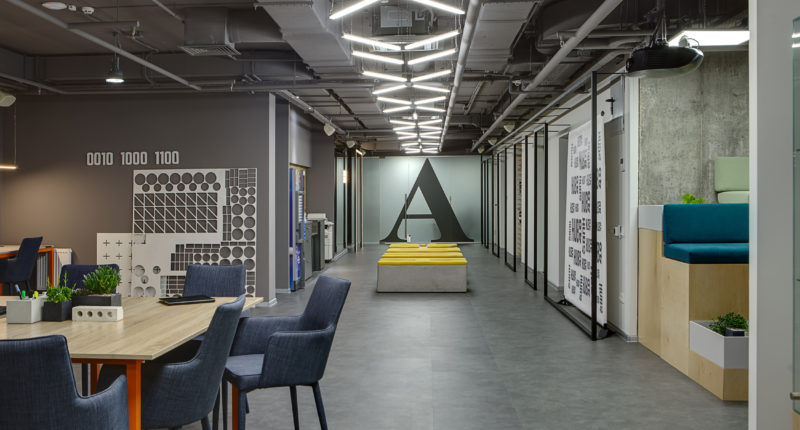The Union Budget 2021 is expected to be presented virtually on 1st February 2021 by our Hon’ble Union FM Nirmala Sitharaman. It’s now time for various industry representations to be called out. One of the popular demands is from the budding co-working sector to reduce tax rates.
The co-working office spaces have observed massive growth in the last few years. Grade A office spaces are in rising demand by multinational companies setting up offices in various Indian cities. The reasons for choosing Grade A office spaces include the strategically placed locations and well-designed architectural spaces with asset management. With the co-working space taking off in recent years, it has boosted Grade A office spaces’ demand.
Factors such as the lease value, rise in the investor’s activity, and acceptance by sectors other than IT/ITES contribute to the demand. Grade A office supplies are being met with substantial ease despite the COVID-19 pandemic. Moreover, these spaces are the primary reason for the increased FDI in real estate.
From the above insights, one can get the market pulse for commercial spaces that are Grade A offices risen due to co-working spaces. These developments have led the key players in this sector to put forth their demands for better adoption of co-working spaces.
First in the list is to reduce the Tax Deducted at Source (TDS) rates under the income tax for renting out such co-working spaces. Currently, the TDS rate applicable to shared workspaces is 10%, since the companies issue both movable and immovable leases.
Manas Mehrotra, Founder, 315Work Avenue has asserted to the Financial Express that the TDS rate needs to be reduced as it will ultimately provide real estate solutions to clients at reasonably lower rates, prompting a higher inflow of working capital.
Also Read: Pre-Budget Memorandum: Industry Body Asks to Bring Natural Gas under GST Ambit
Second in the list is to bring down the Goods and Services Tax (GST) rate charged for renting out the shared workspaces to clients to lesser than the present 18%. The founder of 315Work Avenue further stated that the move could impact new and upcoming startups regarding their budgets.
The third requirement expected from the Finance Ministry is to allow the claim of input credits on work contracts and the construction services supplied as per the GST law. It will ultimately suppress the increased cash outflow that the co-working firms are currently experiencing. The developers could also be made part of the input tax credit chain under GST. It will allow the credits to be passed on to companies who lease out shared workspaces.
Further, banks must provide lending of institutional capital for companies running the co-working spaces. On the other hand, the government must shower with some benefits to the capital investors in co-working spaces. The Centre must also add infrastructural facilities in tier-I and tier-II cities and allow a single-window clearance system to expand India’s shared workspaces.
The sectoral players have genuinely placed the proposals listed above. They should be taken up for consideration by the Finance Ministry. However, the request for GST rate rationalisation can be taken up by the GST Council alone and hence may not find a place in the upcoming Budget 2021.
For any clarifications/feedback on the topic, please contact the writer at annapoorna.m@cleartax.in
Annapoorna, popularly known as Anna, is an aspiring Chartered Accountant with a flair for GST. She spends most of her day Singing hymns to the tune of jee-es-tee! Well, not most of her day, just now and then.




